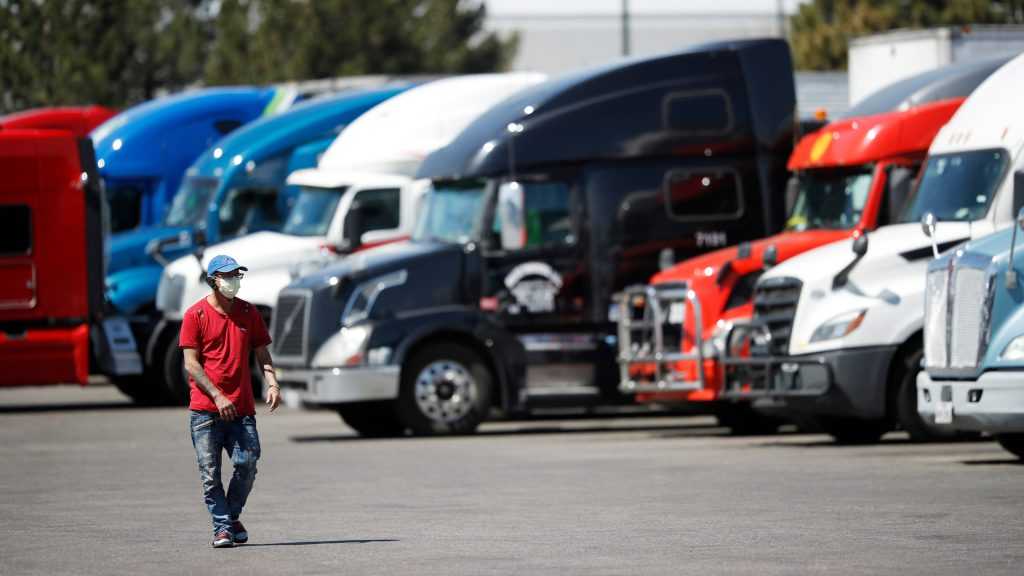Department of Transportation or Department of Motor Vehicles is in charge of the weigh stations. A weigh station as you understand by the name is a site that calculates the total weight of a vehicle. Fleet drivers mostly have to stop at weigh stations, and they only proceed further once the authorities perform their duty. Not every vehicle going through the highway needs to stop at weigh station. Today we would describe what vehicles have to stop at weigh stations.
Contents
What Vehicles Have to Stop at Weigh Stations
The first thing is, the rules for stopping by the weigh station vary as per the state. But as a general idea, any truck that weighs more than 10,000 pounds must stop at a weigh station.
As we said the rules vary as per the location and state. For example, Colorado needs the fleet drivers to stop at weigh stations when the weight is over 26,000 lbs.
On the other hand, Montana needs vehicles carrying more than 8,000 lbs. to stop at weigh station.

SEE MORE
However, there is a policy of passes too. if a driver has PrePass or other bypass services, he doesn’t need to stop at weigh station. This pass comes helpful when the driver encounters that the weigh station is closed.
Similarly, there are facilities and rules as per the states. Fleet drivers always take care of these rules that their state needs. An individual who enters the trucking industry as a fleet driver gradually uncovers all the rules and regulations.
Why is There a Need of Weigh Stations?
The weigh stations were made to tax the trucks as per their load. The fleet drivers end up paying tax for the total weight; the more the weight is the more a trucker pays. But these days, the weighing also happens for safety purposes. The authorities weigh the trucks to check if they are safe to carry through a particular bridge or road.
Heavier trucks always impose a threat to the road as well as the repair rates get also high. Taking care of overall safety standards, the United States allows 80,000 pounds as maximum weight and not more than that.
Also, during the weigh checking, the authorities also ensure if everything is right with the truck and the trucker. There are several levels of checking that happens at the weighing point. The depth of inspection would depend on the situation and the weight of the truck. Precaution is always better than cure, keep your car’s condition intact with these Maintenance Tips.
The basic inspection, for example, includes checking the gross vehicle weight rating or GVWR. They may provide wide-load escorts, charging a fee and checking paperwork, and may also stop vehicles for additional evaluation, if needed.
Conclusion
So now you know what vehicles have to stop at weigh stations, and why stopping by is so important. It is a way to ensure the overall safety of the roads and since the driver is also checked thoroughly, it ensures that the trucker doesn’t impose any threat.



